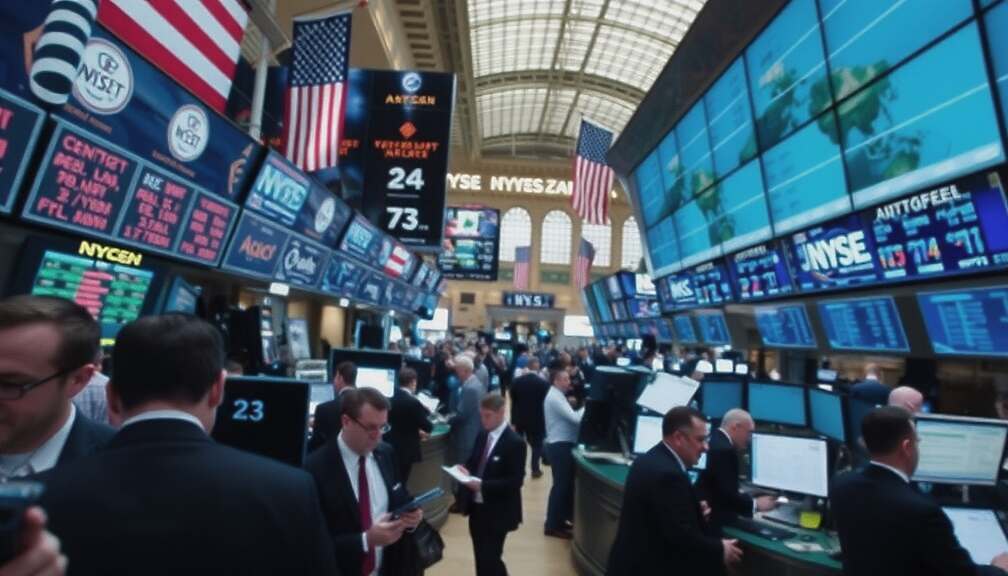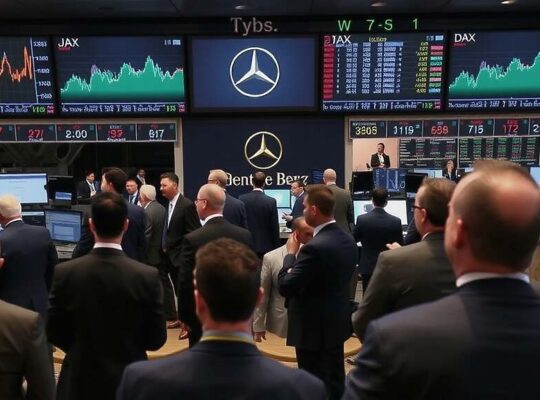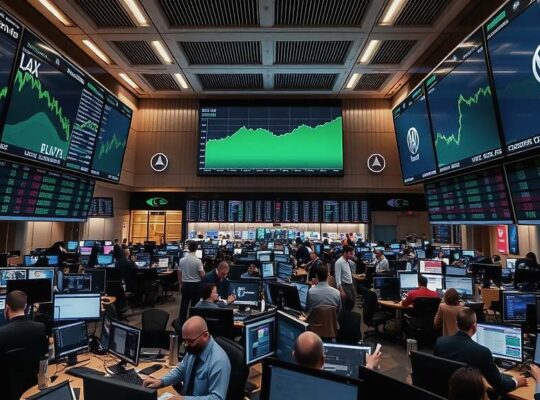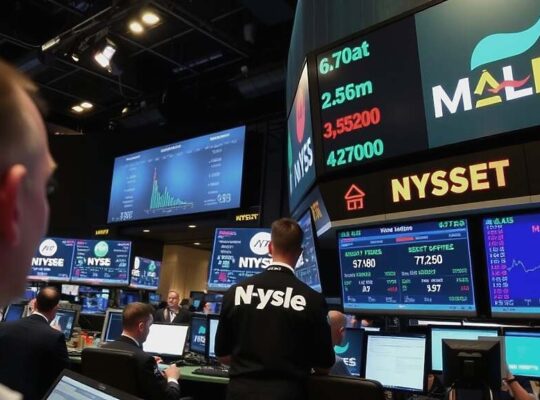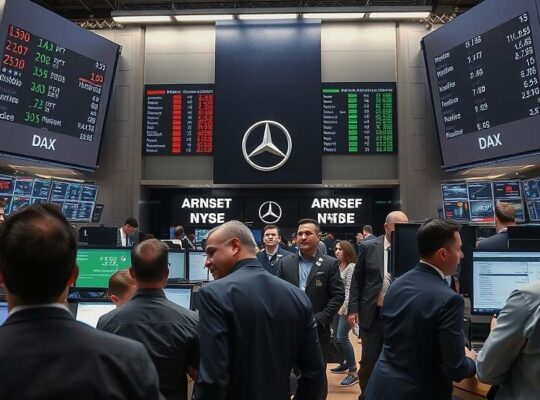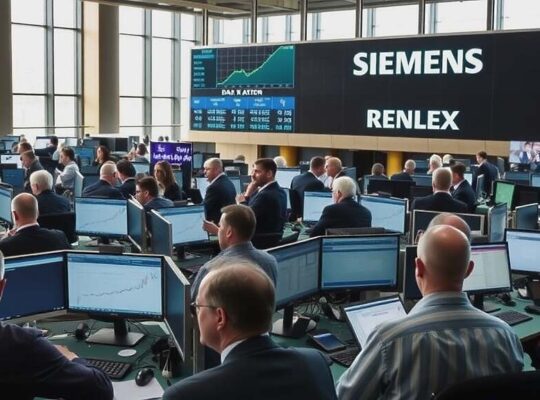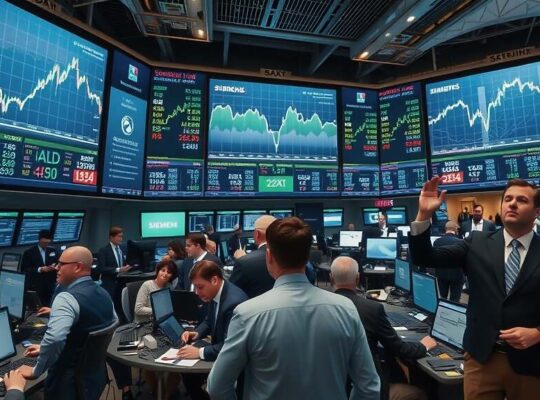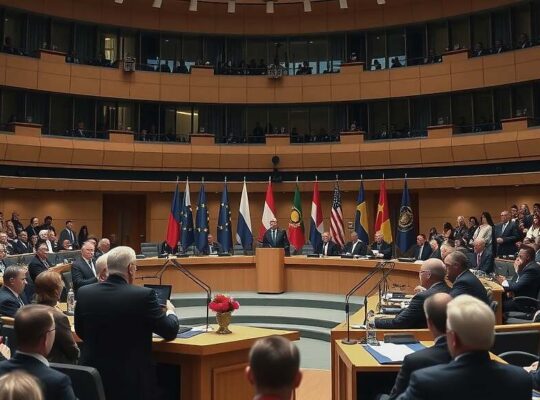The DAX index commenced Tuesday’s trading session with a modest increase, reflecting a cautious optimism tempered by ongoing political uncertainties. By 9:30 AM, the benchmark index stood at approximately 23,980 points, representing a slight gain of 0.1% above the previous day’s closing level. Siemens, Heidelberg Materials and Daimler Truck led the performance gains, while Rheinmetall, GEA and Munich Re lagged behind.
The immediate market reaction, however, appears muted concerning the protracted impasse in the United States. A temporary spending agreement, narrowly approved by the Senate, averted a potential government shutdown after 40 days – a period viewed by many analysts as significantly impacting global economic sentiment. “European market participants are now confronted with the preliminary end of the longest shutdown in US history” noted Andreas Lipkow, a market analyst. While the agreement provides short-term reprieve, full Congressional approval extending into 2026 remains necessary and the potential for future political gridlock continues to loom. Lipkow suggests the immediate impact on German trading will be minimal, a perspective that underscores a growing fatigue amongst investors regarding US political maneuvering.
The earnings season, too, seems to be losing its immediate momentum. While today’s figures from Munich Re could potentially draw attention, the focus is increasingly shifting towards smaller, mid-cap companies like Ströer, 1&1, Fraport and Ionos, reflecting a search for value where the dominant narratives have already played out. This shift away from the giants raises questions about the broader health of the market and whether underlying growth is being driven by diversified investments rather than reliance on established industry leaders.
The euro experienced a slight strengthening against the US dollar, trading at $1.1562, indicating a marginal increase in investor confidence towards the Eurozone. However, the drop in oil prices – Brent crude falling to $63.82 a barrel – may temper any broader positive sentiment. The ongoing concerns surrounding global demand and potential recessionary pressures remain a crucial factor influencing market dynamics and the fluctuating oil price highlights the inherent volatility that continues to shape the economic landscape.


